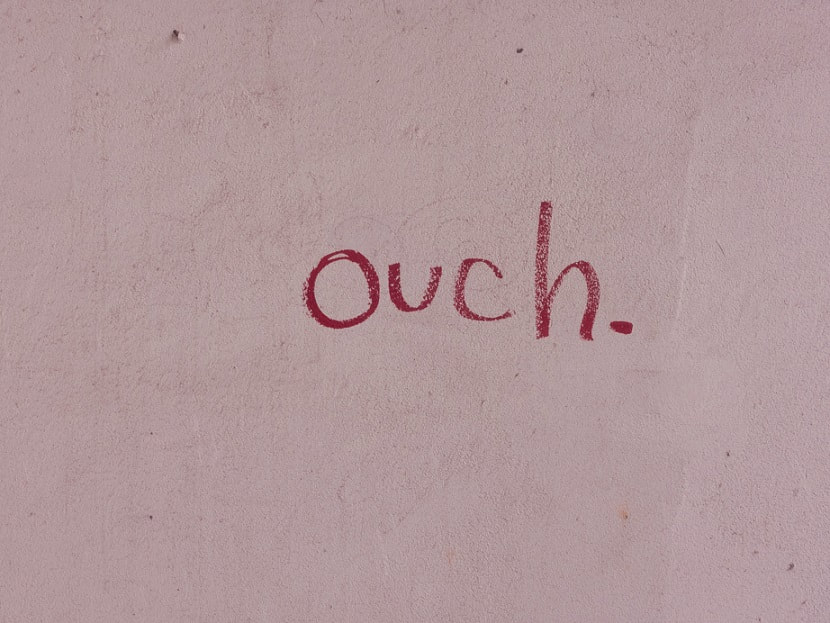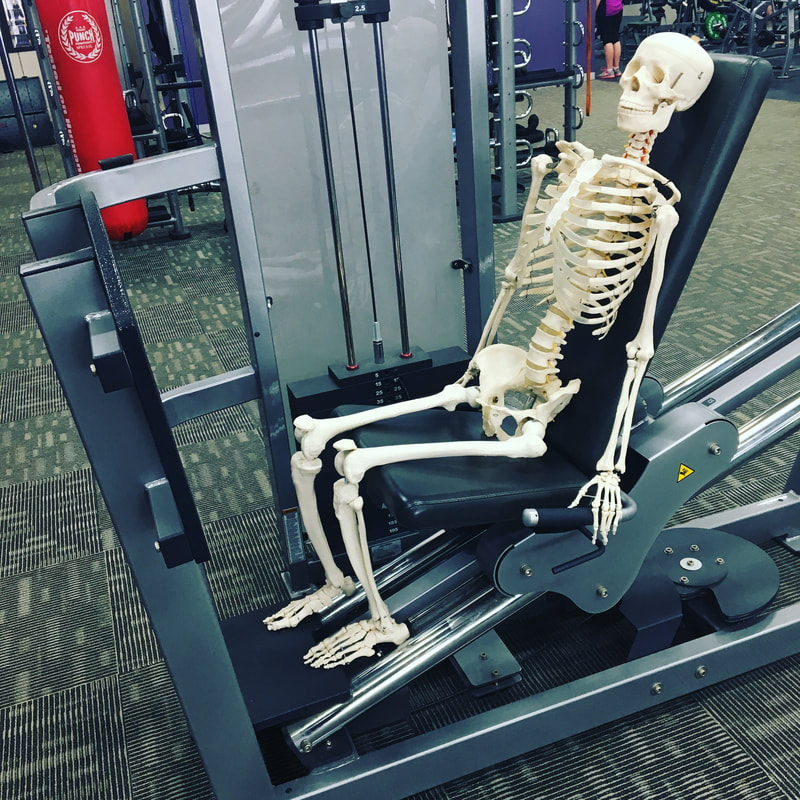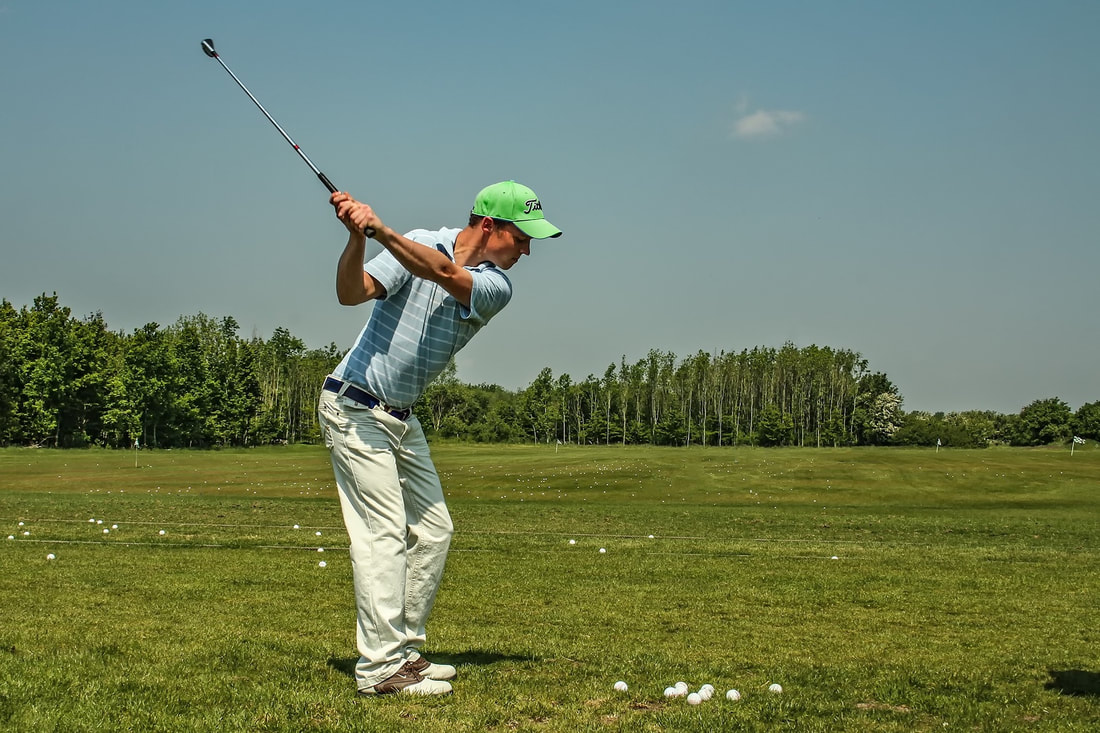|
Whether you’re an athlete or a weekend warrior, an injury can set you back when it comes to your exercise goals. How you handle an injury can make a big impact on the recovery process. If you want to speed up your recovery and minimise the risk of injury in the future, this is the guide for you.
What to do immediately after an injury So you’re reading this right as you’ve hurt yourself. Props to you for Googling the answer! But on a serious note, it’s good to have the injury assessed by a GP if you suspect a fracture, dislocation or muscle tear. That way, you know right away whether you will need any significant treatment such as surgery or a cast. In the meantime, start with elevating the injured body part. This helps to reduce fluid retention in the area. It also means you’re not on it, so you’re less likely to keep injuring it! Rest and elevation are also a good idea for minor injuries such as sprains and twisted ankles. If you have a pre-made support or brace for the injured part, you can pop it on for some stability and compression. If not, you might like to bandage it if compression feels supportive for you. There is a bit of debate out there about whether heat or ice is best for an injury. Ice is the old-school treatment, and may be useful for reducing pain sensitivity and fluid retention. On the other hand, if there is pain without any swelling, a heat pack or warm bath might help increase blood flow to the area and reduce pain. Once the swelling has gone down This is the time when it’s good to see your friendly local myotherapist. We can’t really help if you’ve just done a significant injury such as a break or a muscle tear. But after the first few days, we can put together a treatment plan to get you back to your everyday life ASAP. Some of the therapies we can offer to help you recover include:
How to support recovery and reduce risk of re-injury Are you ready to jump back into it after an injury? Here are some tips to maximise recovery and minimise your risk of getting hurt again. Start slow – I know you want to jump straight back in, but this is a recipe for disaster! When you’ve been injured, your body part often needs time to strengthen and get back to your pre-injury levels. Begin with low impact versions of movement such as yoga and walking, and build up over a period of 4-12 weeks depending on your injury. Use rest and compression after exercise – if you do find your injured area aching or swelling after exercise, head home to rest and a support or brace. This can minimise the fluid retention and ease any pain you might experience. If you experience sharp or shooting pain, stop – some aches are common as you get back into movement. But sharp, shooting or severe pain is a sign that something is not ok. Stop whatever you’re doing until your pain has been checked out by a qualified practitioner. Eat plenty of nutrient-dense foods – even if your rehab program is perfect, your body can’t recover without the good nutrients you need for healing. Eating plenty of fruit, veggies, nuts, seeds, herbs, spices and high-quality is protein is a good start, according to our nutritionist friend Samantha Gemmell. Work with a myotherapist – a myotherapist can help you with rehab exercises to rebuild strength. But they can also keep you on track with supportive taping and addressing any muscle imbalances. Are you dealing with an injury? Our myotherapist Emily works with people with sports injuries, particularly muscle tears, joint injuries and rehab. Her goal is to get you back to training, events and everyday life as soon as possible while minimising your risk of re-injury. To book an appointment with Emily, head to our booking page and select ‘Emily Wells’ as your practitioner. Anytime Fitness in Ferntree Gully are having a one day sale on Wednesday 21st August, and they've invited us along to talk to you about Myotherapy and how it can help with your training or recovering from an injury.
We'll be there from 5-7pm, and have some Myo vouchers to give away, as well as bringing some of the tools of the trade for you to see. Of course, Perry will be trying his best to get a work out in as well! If you've been considering joining a gym, I can highly recommend Anytime Fitness. I go there myself and always find the place clean and neat, the staff are friendly and helpful, the personal trainers are happy to help you figure out how to use the equipment and they offer a selection of group classes that are free as part of your membership. Us Aussies love our sports! Keeping active is an essential part of living a healthy, happy life. But whether you love your extreme sports or just enjoy a spot of golf on the weekend, you have a risk of getting injured. What injuries can occur during sports?
Pretty much every injury you can imagine can happen, depending on the sport you’re involved in. Every single bone, joint, muscle, ligament and tendon that can be injured WILL be injured by someone at some point! Some of the more common injuries you might come across include:
Just because your sport is “low impact” doesn’t mean it’s risk-free. Any time we move our bodies, there is a small chance of injury. It’s part of life! But the good news is, injuring yourself doesn’t mean you have to suffer through unnecessary pain. Myotherapy can help with injury recovery Because myotherapy is all about ‘muscle therapy’, it is fantastic for helping you recover from an acute injury. Here are some of the ways that it might be able to help with your sports injury: It can help to drain excess fluid and swelling – when we massage and mobilise an area, it increases the lymphatic drainage from the area. That lymphatic drainage is what can help to pull excess fluid away from an injury, which aids with recovery. It can loosen the muscles around an injured joint – when we are injured, our muscles can tighten up to protect us from further pain. Unfortunately, that’s not so helpful when it comes to recovery. It can keep a weakened joint out of place, and it can strain other muscles that have to compensate. Working the muscles with myotherapy techniques will loosen them, allowing the joint and other muscles to return to a neutral position. Taping can help with swelling, pain and proprioception – it’s great to get some bodywork done. But taping can keep working on the injury days after you’ve left the table. Different taping techniques can be applied to reduce swelling and stabilise the injured area. The most important thing about sports injuries If you have injured something, remember this: the quicker you get it seen to, the quicker it will heal. If left untreated, you may end up with a chronic injury. And believe me, chronic pain is not something you want to get familiar with. Once you’re recovered, you can head on back to your beloved sport! But that’s not where it ends – as we’ll discuss next week, myotherapy can be a great supportive treatment for prevention of injury as well. Been injured while at your favourite sport? It’s best to get it looked after asap. Book in an appointment today, and we’ll get you back into the swing of things quickly. |
Meet Our Team
We have a team of great practitioners available 7 days a week at our Rowville clinic. Archives
July 2024
Categories
All
|
Got a question about Myotherapy?
Contact Mel by phone, email or Facebook
|
Simple Wellness Myotherapy & Remedial Massage Clinic
Shop 12B 150 Kelletts Rd Rowville VIC 3178 |
Phone us on
03 8204 0970 |




 RSS Feed
RSS Feed